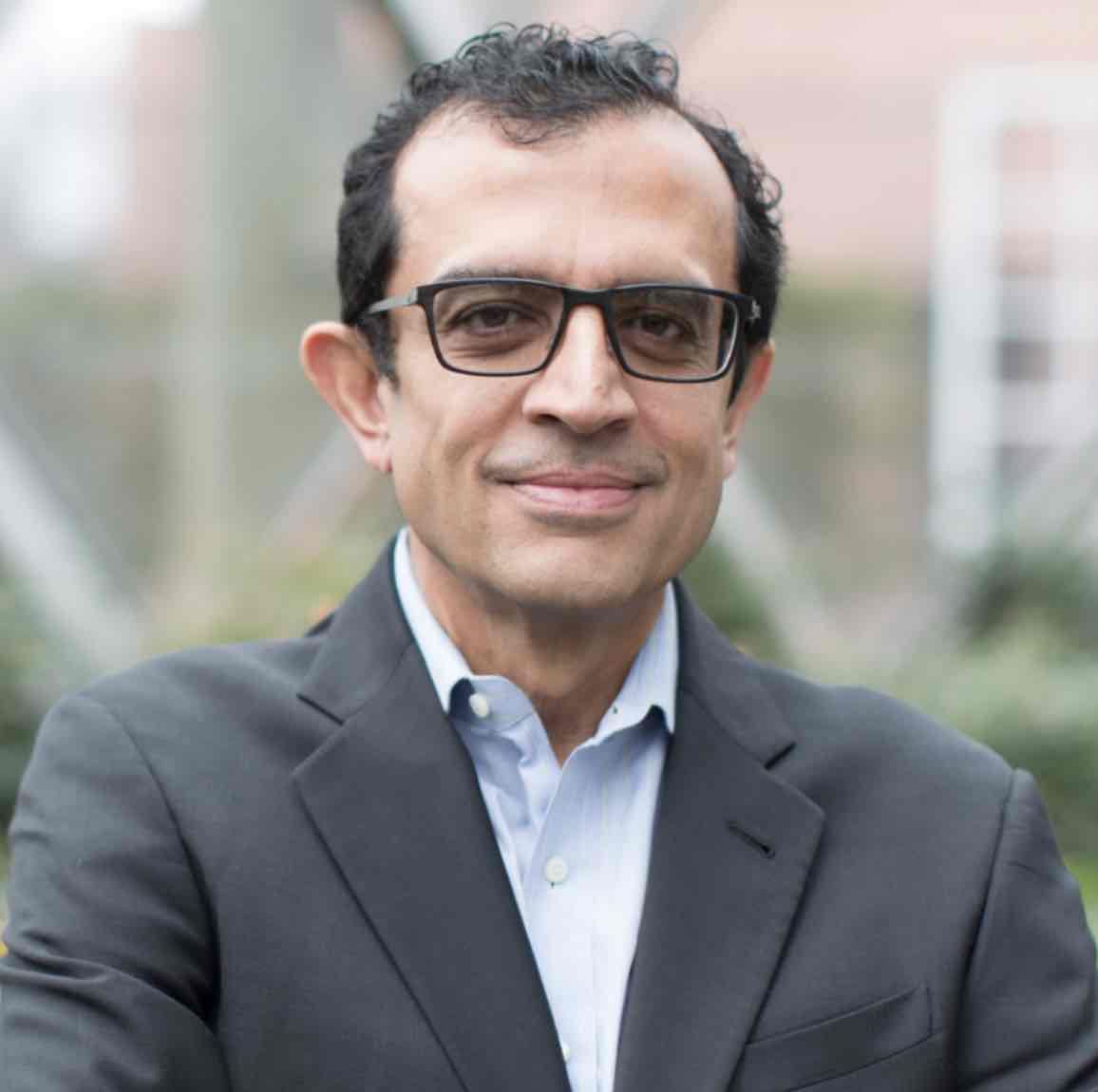Vikram Gandhi, the Harvard Business School professor who created the institution’s first course on sustainable investing, said the Labor Department proposal out earlier this month fails to account for the evidence that long term investors like retirees will earn better returns from investments that account for ESG criteria. That proposed rule seeks to clarify that retirement plan fiduciaries cannot include investments that use environmental, social or governance criteria, unless there are obvious pecuniary reasons for using such products.
Asked about the impact of this proposed rule and other questions during a one-hour ESG Clarity Twitter session on July 16, Gandhi said he believes that one day soon sustainability will be included in everything, as opposed to being thought of separately.
Gandhi has been teaching his “Investing – Risk, Return and Impact” class for three years, covering topics such as impact measurement and management, private and public markets, and the future of investing for impact. He also is founder of Asha Impact, an impact investing platform, and is a senior advisor to The Canada Pension Plan Investment Board.
What evidence is there that the market is beginning to put a valuation premium on companies that score well from an ESG perspective?
Vikram Gandhi: Various studies have been done on this topic which shows this. Even during the current pandemic companies with higher ESG ratings did better than the broader market. This is after accounting for the tech overweight and energy underweight biases.
What’s the best way for advisers to evaluate whether an investment is making more of its ESG attributes than it should?
VG: Greenwashing is an issue, though more stringent standards are being developed by various agencies to deal with this, particularly in Europe. Hopefully, other countries will follow. I don’t think we will completely get rid of this issue BUT let not perfect be the enemy of the good!
How can we better engage governments to look at the impact investing sector and give them an impetus just like they do for startups and unicorns?
VG: We need some important sponsors in government to embrace this. Governments are by far the biggest impact investors. Showing them that outcome-oriented expenditure will lead to higher impact is critical.
Have you found that sentiment has changed towards impact investing since COVID-19?
VG: A lot more focus on the “S” part of ESG/Impact. Importance of employee policies and community engagement.
New proposed rules in the US will make it difficult for pension funds to invest in ESG funds, but taking the fiduciary responsibilities into account, should/must investors invest in ESG funds?
VG: Fiduciary obligations are very important and should not be compromised. I would argue that by not incorporating ESG into the analysis, trustees will not be fulfilling their fiduciary obligations.
Outside of the US, how has the investment of retirement assets been important to the overall uptick in ESG investing?
VG: In Europe and Australia, retirees and government policy encourage it. For example, I believe that in France, retirees can construct their own “ESG” portfolio for part of their assets.
Is it sufficient to compare the progress of a business quarterly and yearly with its own performance on the 17 sustainable development goals of the UN? Or do you see more value in benchmarking businesses for industry performance and getting rated, like other frameworks?
VG: As disclosure becomes more prevalent and required, benchmarking to an industry and peers should happen. Just like financial performance is compared. I believe we will get there in the not too distant future.
Do you think impact will become as important as profits for corporates in years to come?
VG: The “purpose of the corporation” and a move to “stakeholder capitalism” is being widely discussed at the Board level, so I believe we will move in that direction. One should think of it as just good business.
Asset managers spend a lot of time looking at their funds as to whether they meet ESG criteria but their own corporate ambitions seem much tougher to analyze and validate. Do you expect this to change? How will this materialize?
VG: For asset managers, the S and the G are probably more important. And on balance they have not done a good job on these. For example, only 3% of hedge fund assets are managed by women. And as they put pressure on their investee companies, they will need to “walk the walk” themselves. So I am hopeful …
How do you think our industry can encourage greater diversity into this space?
VG: The level of interest among younger folks in sustainability has risen exponentially over the last few years. We see that at Harvard Business School and other business schools so hopefully the pipeline of talent will only increase over time.
Also, I believe that in the not too distant future sustainability will be incorporated in everything we do as opposed to being a separate issue.








